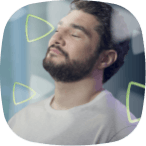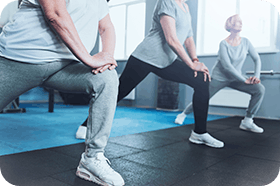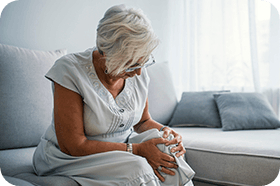
PanaNatra Joint Pain Relief
PanaNatra Joint Pain Relief Tablets is a triple-active formula with naturally-derived plant-based actives that are scientifically tested to tap into nature’s power to manage mild joint aches, pain and inflammation, and symptoms of mild osteoarthritis.


Curcumin

Boswellia

Piperine

*Mild joint pain relief
PanaNatra Sleep & Pain Relief
PanaNatra Sleep & Pain Relief Tablets is a naturally-derived plant-based dual-benefit formula that is traditionally used in Ayurvedic medicine to promote sleep and relieve mild pain.
PanaNatra Sleep & Pain Relief helps manage mild pain that impacts sleep and helps promote and induce sleep.


Ashwagandha Root Extract
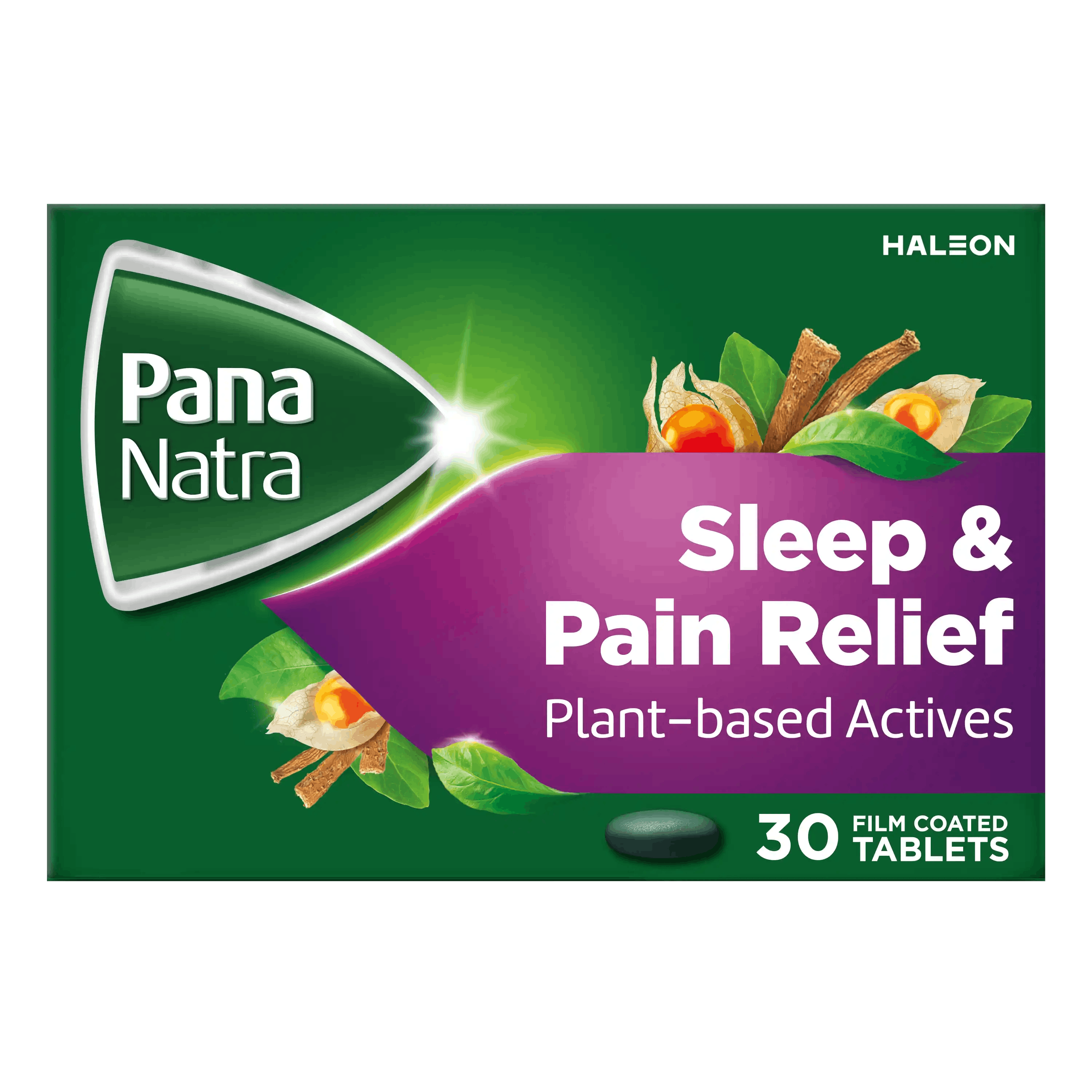
*Traditionally used for Ayurvedic Medicine
PanaNatra Muscle Pain Relief
PanaNatra Muscle Pain Relief Soft Capsules is a naturally derived formula with plant-based actives made through a patented Liquid Delivery Technology.
This is scientifically tested to manage and relieve muscle aches, pains and soreness.


Curcumin

Boswellia

*Not Suitable for Vegetarians
Articles Hub
All About Ashwagandha: Benefits for Sleep & More
Boswellia: Benefits, Uses & More
Curcumin & Turmeric: Benefits & More
How to Sleep Better at Night Naturally
Mild Osteoarthritis: Causes and Remedies
Naturally-derived Remedies for Muscle Pain
Sore Muscles: Causes and Solutions
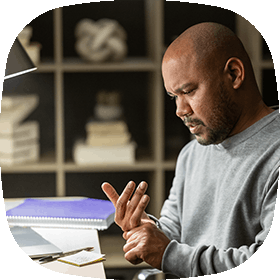
Tap here to change region
There are few experiences as uncomfortable as tossing and turning while you can’t sleep. If you’re suffering from sleeplessness, you’re not alone. As many as 60% of Australian adults experience sleep disturbances.
Disturbed sleep can contribute to short and long-term negative health outcomes. These include increased stress and cardiovascular disorders. Existing problems, such as digestive health issues, can also worsen. Many of us would benefit from learning how to get better sleep and, as a result, improve health and happiness.
Learn how to sleep better to confront sleeplessness
Sleep disturbances can be caused by long-term and short-term health issues, stress, and pain.
Pain and stress can worsen problems with sleep. A lack of sleep can then increase feelings of pain and stress. This can create a negative feedback loop where these health issues worsen together.
Although sleep hygiene may not fix what causes sleeplessness, it is a research-approved practice that involves implementing good habits and behaviours in our waking life to combat sleeplessness naturally.
Advice on how to sleep better includes:
- Avoiding caffeine in the evening
- Waking up at the same time every day
- Exercising (but not within four hours of sleep)
- Reserving the bedroom for sleep, sex and getting dressed
- Enjoying a relaxing activity like a warm bath or massage immediately before sleep.
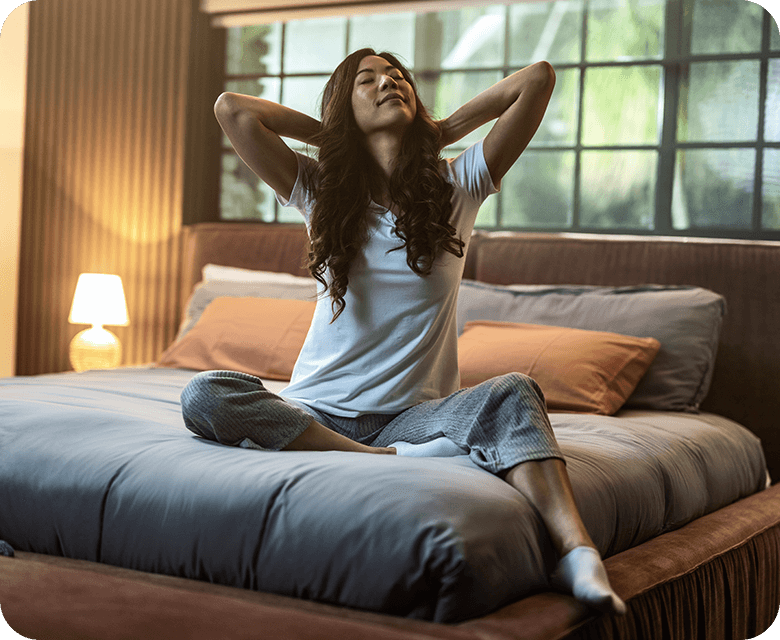
Avoid worry to help you sleep better
Research suggests that stress decreases the quality of rest and increases the frequency of sleep disturbances, such as waking up at night. Research also indicates that mindfulness practice helps people learn how to sleep better at night naturally and improves sleep disturbances.
Mindfulness is believed to work to improve sleep because it promotes a relaxation response. The relaxation response calms the body, contrasting with the stress response's aggravating, irritating effect. Evidence suggests that the relaxation response is so soothing it can even help reduce the intensity of pain.
Harvard’s Dr Herbert Benson found that these mindfulness techniques promote the relaxation response, so they may help you discover how to improve sleep. These include:
- Zen and transcendental meditation
- Yoga practice
- Self-induced relaxation techniques, including autogenic training and progressive relaxation
- Deep relaxation hypnosis
- Sentic cycle sound therapy.
Exercise before bed to help you sleep better
Exercise is known to have many benefits; it’s said to boost your mood in the short-term and reduce the risk of developing a wide range of negative health conditions throughout life. Among the immediate benefits of exercise is improved sleep quality.
If you’re looking for a solution regarding how to get better sleep with exercise, be aware that not all types of exercise are equal in the pursuit of a good night’s rest. Research suggests that moderately intense exercise (such as swimming, cycling, and jogging) more than an hour before bedtime promotes healthy rest. However, the same study suggests that you should avoid exercise completed less than an hour before bedtime and avoid intense workouts later in the evening.
Create a routine to help you sleep better
A healthful bedtime routine is one way how to get better sleep. Sleep experts recommend a sleep hygiene routine, including setting a bedtime, limiting light exposure, and avoiding stimulants.
However, the rest is personal. Be aware of what in your life might most impact your sleep, and work on ditching bad habits for a good night’s rest.
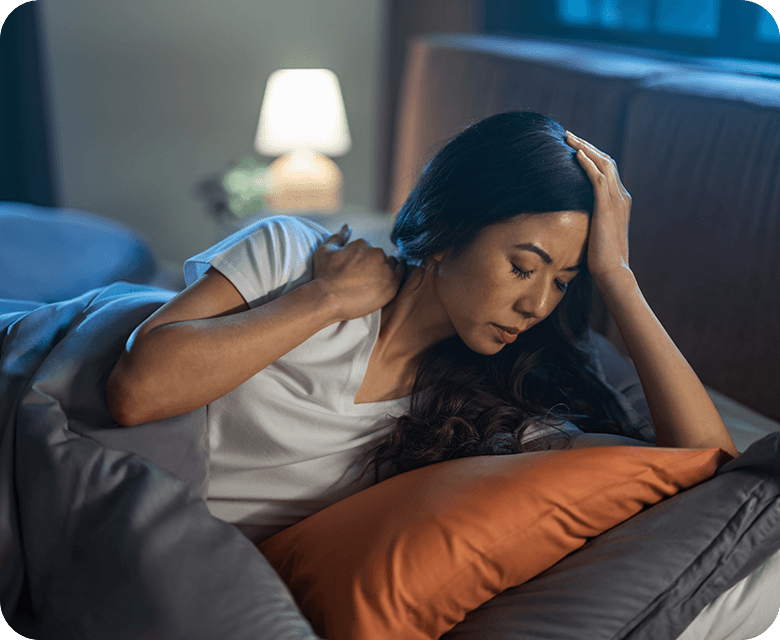
Naturally-derived products that can improve sleep
Discover this science-approved herbal remedy to find out how to improve sleeping.
Ashwagandha
Ashwagandha can improves sleep in insomnia sufferers and normal sleepers. Both the quality of sleep and sleep initiation can be improved, with insomnia sufferers often benefitting the most. Ashwagandha appears to be an appropriate sleep remedy for most adults.
Ashwagandha works to promote sleep by calming the nervous system and reducing the physical symptoms of stress. As a result, falling asleep is easier.
Conclusion
Up to 60% of Australians struggle to get to sleep, which can cause poor health in the short- and long-term. Happily, there are natural remedies for sleeplessness. Good sleep hygiene is one research-back way to improve rest quality. In addition, mindfulness practices and exercise can also help improve sleep.
Ashwagandha is a naturally-derived herbal remedy that can improve sleep for everyone, at any age. It works by soothing the nervous system, so you can relax and fall asleep.
Adopt good sleep hygiene practices alongside using a natural remedy to boost your chances of getting a quality sleep.



